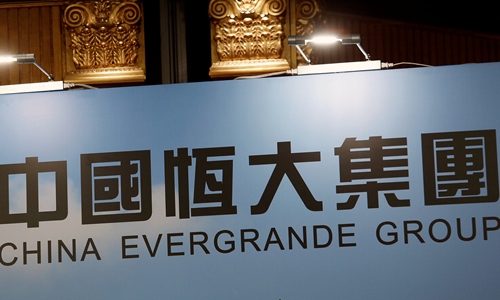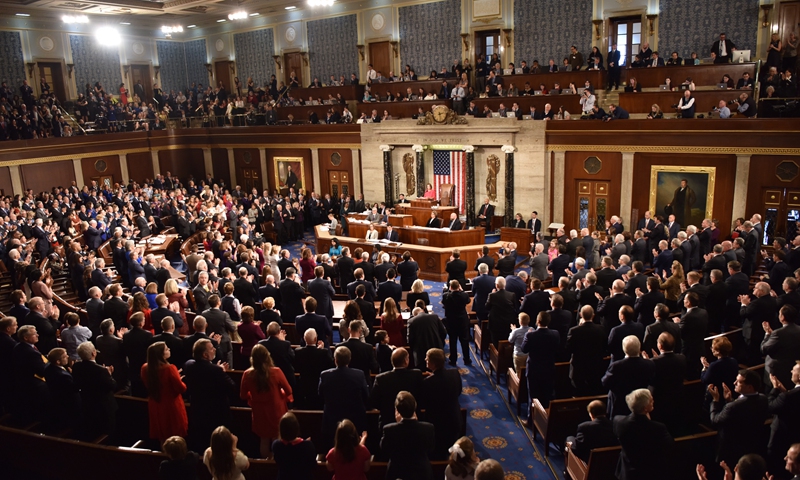Building LONG TERM WEALTH with Stocks & Avoid FAKE GURUS | FIRL Podcast 36
Ng Zhu Hann of Tradeview.my shares his journey from London School of Economics, to becoming a long term stock investor and the author of Once Upon a Time Bursa. He passionately writes on his blog, Tradeview.my to educate retail investors on investing and to avoid fake gurus. He also mentions that retail investor participation is at all all time high in 2020. However, he makes the most wealth during the bear market and says dividend yields, earnings and cash flow are time tested theorem that generate wealth and not short term goals.
More effort needed to educate the young investing
With thousands of new and young retail investors participating in the local bourse in the last two years, more effort is needed from capital market regulators and the private sector to improve financial literacy, particularly among the youth, say market observers.
`
Ng Zhu Hann, who is the CEO of Tradeview Capital and author of “Once Upon A Time In Bursa”, told StarBiz that brokerages and investment banks could not afford to neglect providing first-time retail investors with “the tools to understand the stock market”.
`
“Once you lose money, or whatever savings that you have, you would never return to participate in the stock market because you may think the market is rigged against you. That is human nature,” he said.
`
According to the Securities Commission’s (SC) annual report 2021 , an investor survey focused on the youth found that only 3% of youths have a high-risk appetite regarding the level of risk they were willing to take for investments.
“This may suggest that risk aversion has set in due to the pandemic,” said the SC survey.
`
The Nielsen Company (M) Sdn Bhd was commissioned by the SC to conduct the survey on its behalf.
`
However, on capital market products and their associated risks, the survey showed that respondents viewed investments in Amanah Saham Bumiputera (ASB) as low-risk.
`
“In comparison, 70% of the respondents perceived stocks and shares to be high-risk. Overall observations suggested that respondents perceived the capital market products as high-risk and this perception was consistent across the demographic profiles,” said the SC survey.
`
Ng also noted that according to Bursa Malaysia, following a similar trend in 2020, 63% or about two-thirds of the new 223,249 individual central depository system accounts opened in 2021 were by millennial investors (aged 26 to 45 years of age).
`
He pointed out that many of the new millennial investors had lost money when they got caught up in the penny stock or glove stock mania in the last two years.
`
“They had no prior investing experience, and lost money, and that becomes a problem. That is why more should be done in terms of investor education,” said Ng.
`
Meanwhile, Rakuten Trade head of equity sales Vincent Lau noted that the regulators of the Malaysian capital markets have made many efforts to educate retail investors, in an era where investing via new and innovative digital platforms is the norm.
`
“Online resources like Bursa Marketplace have been very crucial in educating new retail investors, which increased tremendously in numbers during the pandemic-related lockdowns in the last two years,” he said.
`
Lau also pointed out that with the younger generation pivoting towards buying, selling and storing crypto currencies, Malaysian regulators have been staying in tune with the demands of the digital era with the approval of crypto currency platforms like MX Global, Tokenize and Luno.
`
“Digital banks are also coming, and new fintech will enable and attract the younger generation to explore various investment options,” he said.
`
Lau pointed out that Rakuten Trade, as an online stock trading platform, has been actively holding corporate and investment webinars.
`
Ng said it was not surprising that the youth would view investments in ASB and fixed deposits as low-risk, compared with equities.
“If you invest in equities by yourself, without the proper understanding and knowledge, it is just like gambling, right? But I think that equities in fact, is not the most high risk asset class.
I am seeing a very unhealthy trend of youngsters, who have never even invested in equities in their life, actually jumping into crypto currencies,” he said.
`
The SC’s annual report also said RM21bil in investment in digital assets are across all registered digital asset exchanges (DAX) in 2021.
`
Digital asset accounts jumped 300% to 760,000 in 2021 (from 190,000 in 2020).
`
About 62% of investors in crypto currencies on the DAXs are below the age of 35, according to the SC as at end-2021.
`
The regulator also observed that last year, non-fungible tokens (NFTs) became a hot trend among artists and collectors.
`
Ng pointed out that unlike crypto currencies which are not regulated, there is a lot of regulation, oversight and transparency when it comes to investing in equities.
`
“Compared with less developed markets, I believe Bursa ranked among the best, along with Singapore Exchange and the Hong Kong Stock Exchange, in terms of the regulators,” said Ng.
`
In the SC’s annual report, the survey also showed that investment decisions of the youth were not based on fundamentals, but mainly driven by socio-economic status, family, friends, influencers as well their perceptions of the products and brands.
`
It also revealed that there was also familiarity bias among the respondents, choosing to invest in products that they were already familiar with.
`
Ng said while there was plenty of information available on company websites and annual reports, first-time investors may not know how to decipher or dissect the data.
`
“They would go for financial investment talks and hope that the guru would teach them, which is very dangerous. The problem is there are many fake gurus today in the market, who just want to make money, and they are not even licenced,” he said.
`
Ng suggested regulators could allocate more resources in disseminating financial information via social media, and also working with professional or non-profit organisations to improve financial literacy among the youth.
`
“Under the Continuing Professional Development (CPD) framework, perhaps a revision can be done where CPD points can be earned by contributing pro bono, or helping society in terms of improving financial literacy,” he said.
Related posts:


















 According to Bank Negara’s Financial Stability Review report for the first half of 2021, Malaysia’s household debt to GDP has declined to 89.6% from 93.2% as at end of last year. Although a small achievement,the household debt level remains elevated.
According to Bank Negara’s Financial Stability Review report for the first half of 2021, Malaysia’s household debt to GDP has declined to 89.6% from 93.2% as at end of last year. Although a small achievement,the household debt level remains elevated.









